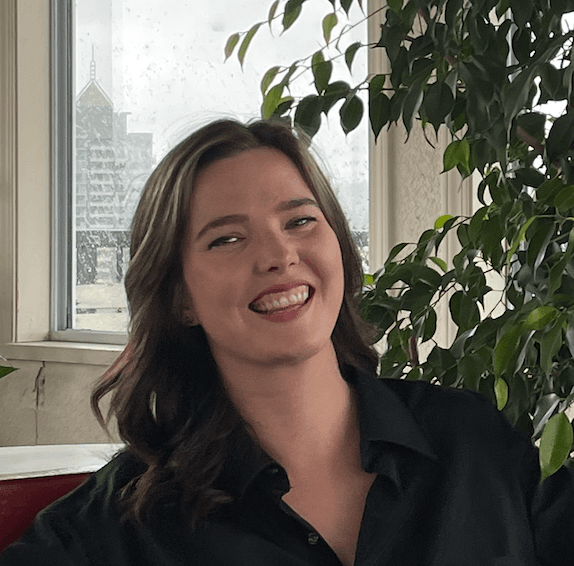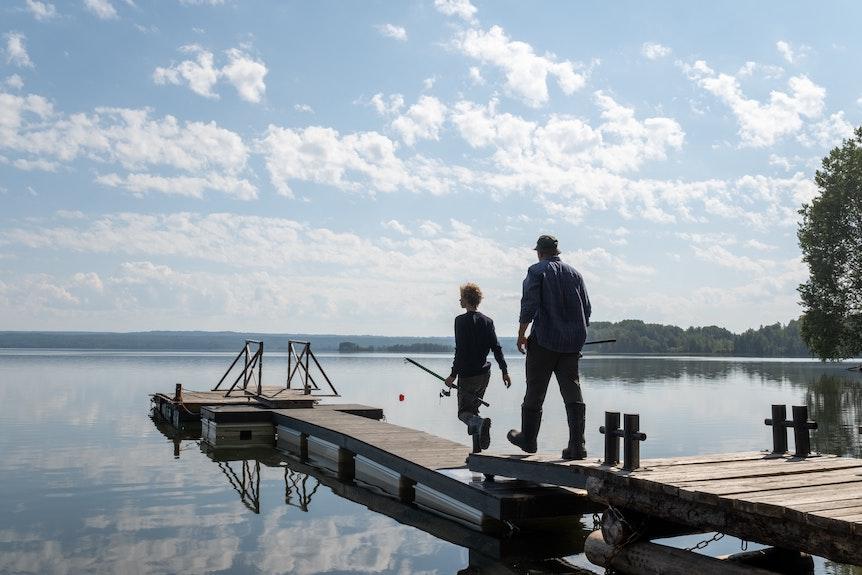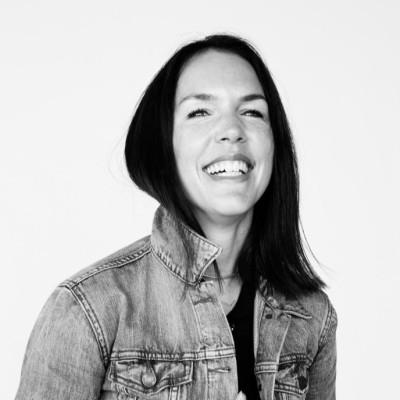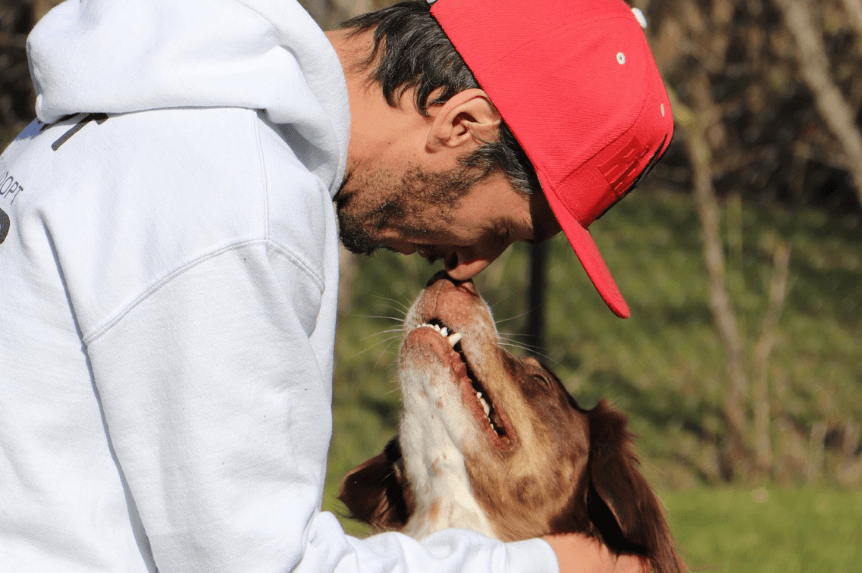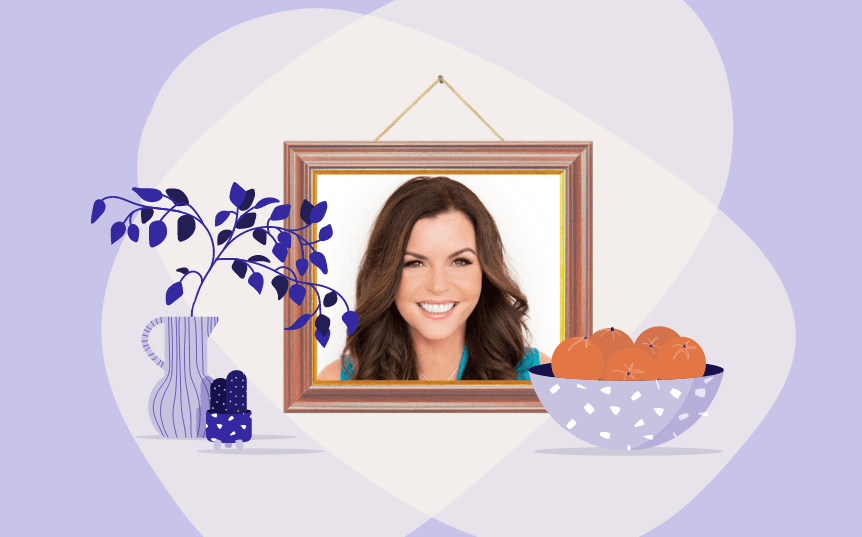The Perspective Of A Millennial Funeral Director

My name is Emily and I’m a female, Millennial funeral director. When people find out what I do for a living they react in one of two ways.
A barrage of questions about my job from the mundane to the offensive, with a focus on, especially tragic or gruesome details; or,
A polite change of topic.
At the age of 25, I decided to become a funeral director and embalmer. It was not due to a personal loss or the draw of a family vocation.
At that point, I did not know any funeral directors and had only ever been to two funerals. The reason I chose the profession was a combination of the fact that I just really like people and my desire for plain old job security. Not very romantic, but it’s the truth.
Why I chose death work
My parents were both born in 1955, at the peak of the “boom”. By the year 2031, they will be in their mid-seventies, and the entirety of the Baby Boom Generation will be over the age of 65.
Why am I bringing this up in a post about my perspective as a Millennial funeral director? Well, the above shines a light on the fact that one of our biggest generations is aging. Another reason: I have some progressive thoughts about the trajectory of providing death services to this particular demographic.
The issue with private deathcare
Death services are completely privatized in Canada but the government will fund final arrangements for individuals or families who are deemed unable to cover the costs themselves.
Otherwise, there is the somewhat uninspiring $2500 Canada Pension Plan Death Benefit that lands into the Estate account 6 weeks after the application is submitted. This is definitely something but it is largely unhelpful to the family who is sitting with a funeral home invoice 3 days into their bereavement.
It is also not useful to the family who has lost a child, the senior immigrant family, or the family of someone who did not contribute enough to CPP.
The main issue with privatization is that there is a real disconnect with how things are run at the municipal and provincial levels leading to serious infrastructure problems. There is constant friction between private companies and municipal and provincial regulations. For example, in Vancouver, you can only build a crematorium in a cemetery. Well, there's only one cemetery in Vancouver, which means there is only one crematorium. This is hardly enough to service one of Canada's most populace cities. As a result, funeral homes have to go to extensive (and costly) lengths to care for their dead. Like one funeral home that ships bodies to Washington to be cremated.
In my opinion, the answer requires better cohesion between the private deathcare industry and legislators and for parts of the deathcare industry not to be privatized at all.
How the pandemic changed our views on death
At the outset of the pandemic in March of 2020, body management was making front-page news around the globe. I’m sure we all recall images of refrigerated trucks, morgues with no space, and mass grave burials.
It was a shocking indignity when reporters showed a mortuary worker drag a body using a sheet from one side of a truck to another. But how did we think bodies got from A to B when someone only has two hands and a sore back?
The way the private deathcare industry is currently set up, a body is picked up within 2-4 hours after someone passes away. It's then taken care of behind the scenes. But as we saw throughout COVID-19, the system quickly falls apart if there is a mass causality event that strains the system causing a backlog of bodies needing to go into the death system with no one to take care of it. Other examples of mass casualty events could be a natural disaster like a Tsunami or the opioid crisis affecting British Columbia right now.
As a society, we are most concerned about death when it is right in front of us and the pandemic certainly brought it front and centre. But when the death rate drops, will we forget about the importance of planning? We have to think about what's going on behind the scenes. I believe it's more important than ever to plan ahead and be prepared.
How Millennial funeral directors are reimagining deathcare in Canada
As a funeral director and embalmer, I am passionate about making sure the deceased’s family is involved in planning the service. I also feel strongly about spending time with our dead (they have so much to teach us) and ecologically responsible forms of cremation or burial. And not only that but advocating for regulatory changes to make these options more accessible to Western Canadians. For example, Alkaline Hydrolysis isn't available right now in Alberta and B.C.
These are the interests, passions, and values that drive me forward each day. What has become glaringly obvious is that some major shifts need to happen in the deathcare industry.
The COVID-19 pandemic has highlighted the fact that we are simply not ready for a dramatic increase in the death rate. When the system is under pressure, there is limited staff available to come and receive a body (which often happens within 2 to 4 hours). There are also no morgues to take them to. The cemeteries only have the capacity to complete a certain number of burials, and the crematoriums can only cremate so many individuals in one day.
The only way to move in the right direction is for there to be shared responsibility between the death service providers and the municipal and provincial legislators.
Next steps
Home deathcare, family empowerment, and community education will also be vital as we move forward into the sunset years of the largest living cohort.
If you’re interested in learning more, there are some excellent resources available such as:
We have the choice right now to educate ourselves and prepare so we can evolve the way we manage death in our communities. Gen X, Millennial, Gen Y, Gen Z death workers are doing our best to be ready – is your family?
